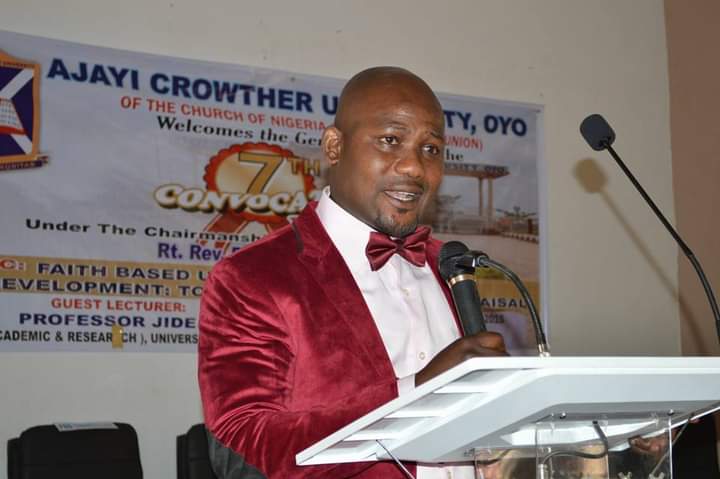During a recent lecture at the 2024 National Conference of the Yoruba Studies Association of Nigeria, Prof. Olumuyiwa Popoola, the Deputy Vice-Chancellor of Ajayi Crowther University, Oyo, delivered an insightful examination of the impact of Artificial Intelligence (AI) on African languages and cultural heritage. He emphasized that while AI has the potential to rejuvenate endangered languages across the continent, there is an undeniable need to preserve the core aspects of African cultural identity in the process. His remarks call for a balanced approach to technological adoption, suggesting that AI must be harnessed responsibly to maintain the cultural legacies that define African societies.
Prof. Popoola traced the historical roots of AI in Africa, asserting that elements of artificial intelligence can be found in traditional practices that predate modern technological applications. He cited the example of scarecrows, traditionally used to protect crops by mimicking human presence. Furthermore, he highlighted the Osanyin communication medium, which is culturally significant for revealing deeper truths about human existence. By referencing these indigenous practices, Popoola aimed to illustrate that the essence of AI isn’t entirely new to the continent, but rather, it is a continuation and evolution of longstanding methods of problem-solving and communication.
The professor delved into the historical challenges faced by AI, particularly during its early development phases in Europe and America. Initial skepticism arose concerning the potential detrimental effects of AI on human intelligence and social behaviors. These concerns culminated in a temporary slowdown in research efforts until a resurgence in 1997, marked by a significant milestone when a computer defeated a chess grandmaster. This achievement served as a catalyst for AI’s deeper integration into everyday life, demonstrating its potential to augment human capability. Popoola noted that while this progress is promising, it also introduced new challenges, particularly those intertwined with cultural and religious narratives, that warrant careful consideration in the African context.
The professor underscored a critical point regarding the societal implications of AI technology. He articulated fears surrounding job displacement and inefficiency, as AI systems increasingly assume roles traditionally held by humans. Highlighting the historical emergence of AI research dating back to the 1950s, he invoked Alan Turing’s pioneering efforts aimed at understanding machine intelligence. According to Popoola, the 21st century is witnessing a radical shift where machine learning and AI technologies are increasingly embedded in problem-solving processes across various sectors—ranging from industry to education—significantly redirecting the pathways of human endeavor.
Despite the myriad advantages associated with AI—including operational assistance, technological breakthroughs, and enhancements in safety and wellbeing—Prof. Popoola urged caution in its implementation. The dual nature of technology necessitates a careful approach to ensure that the infusion of AI into African societal frameworks does not come at the expense of cultural richness. He posited that technology inherently embodies the values and intent of its creators, thus reinforcing the necessity for Africans to proactively oversee how AI is integrated into their languages and societal norms, ensuring it serves as an ally rather than a source of cultural dilution.
In conclusion, Prof. Olumuyiwa Popoola’s lecture serves as a vital reminder of the complexities surrounding the advent of Artificial Intelligence within an African context. While AI brings the promise of revitalizing endangered languages and enhancing communication, it also poses serious risks to the essence of cultural identity. Society’s challenge lies in effectively harnessing this technology to support, rather than supplant, the profound narratives of African heritage. As discussions around AI continue to evolve, it is crucial to remain vigilant and intentional, ensuring that technological advancements amplify the richness of cultural identities instead of eroding them.














